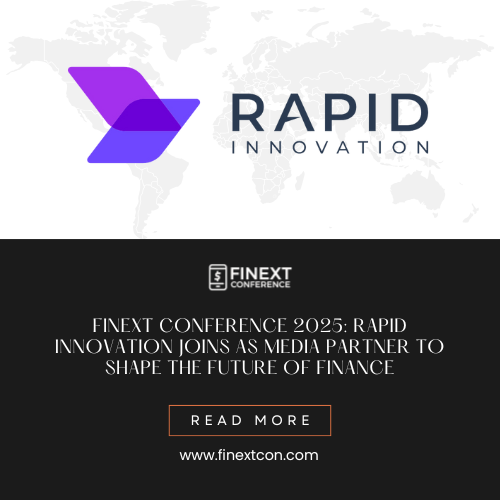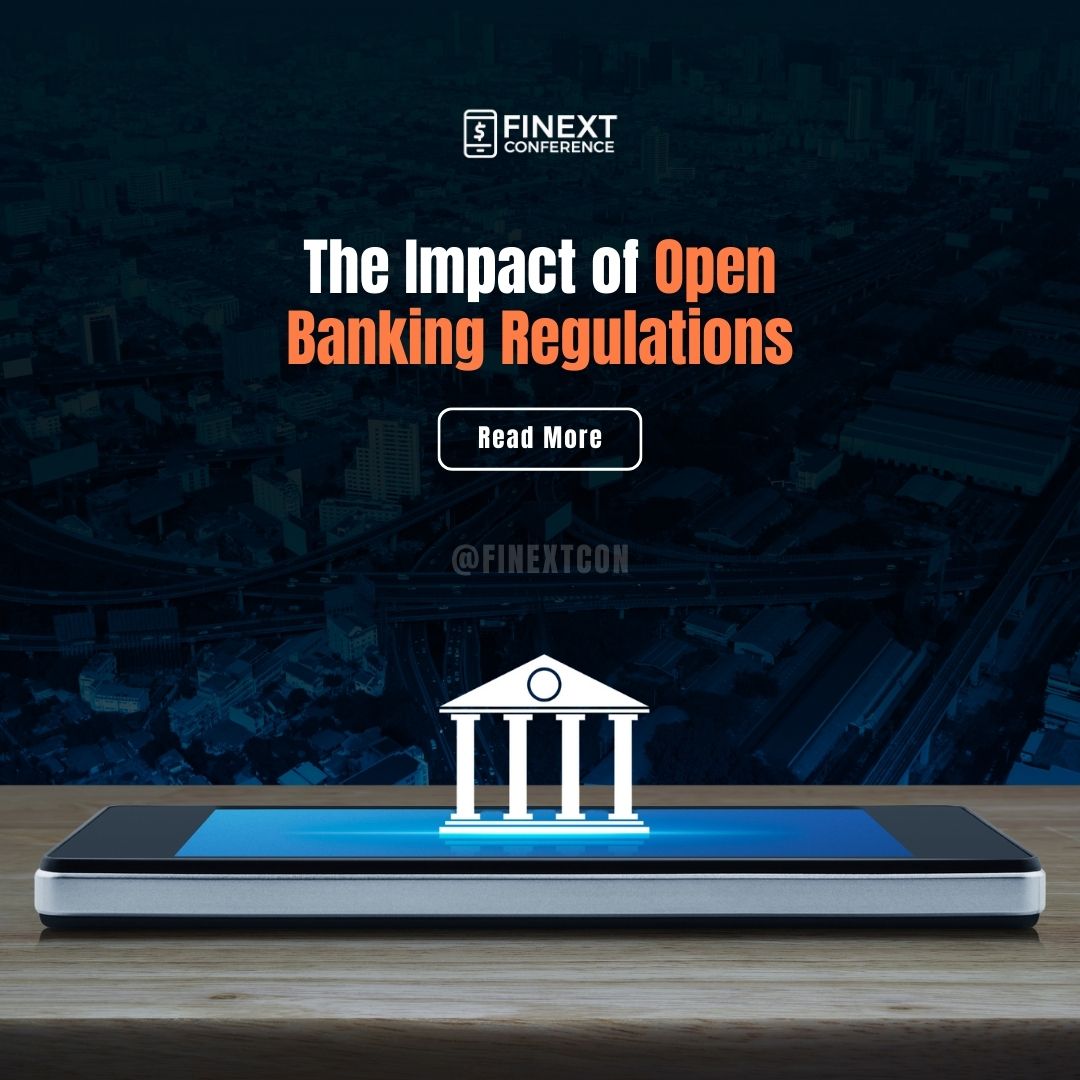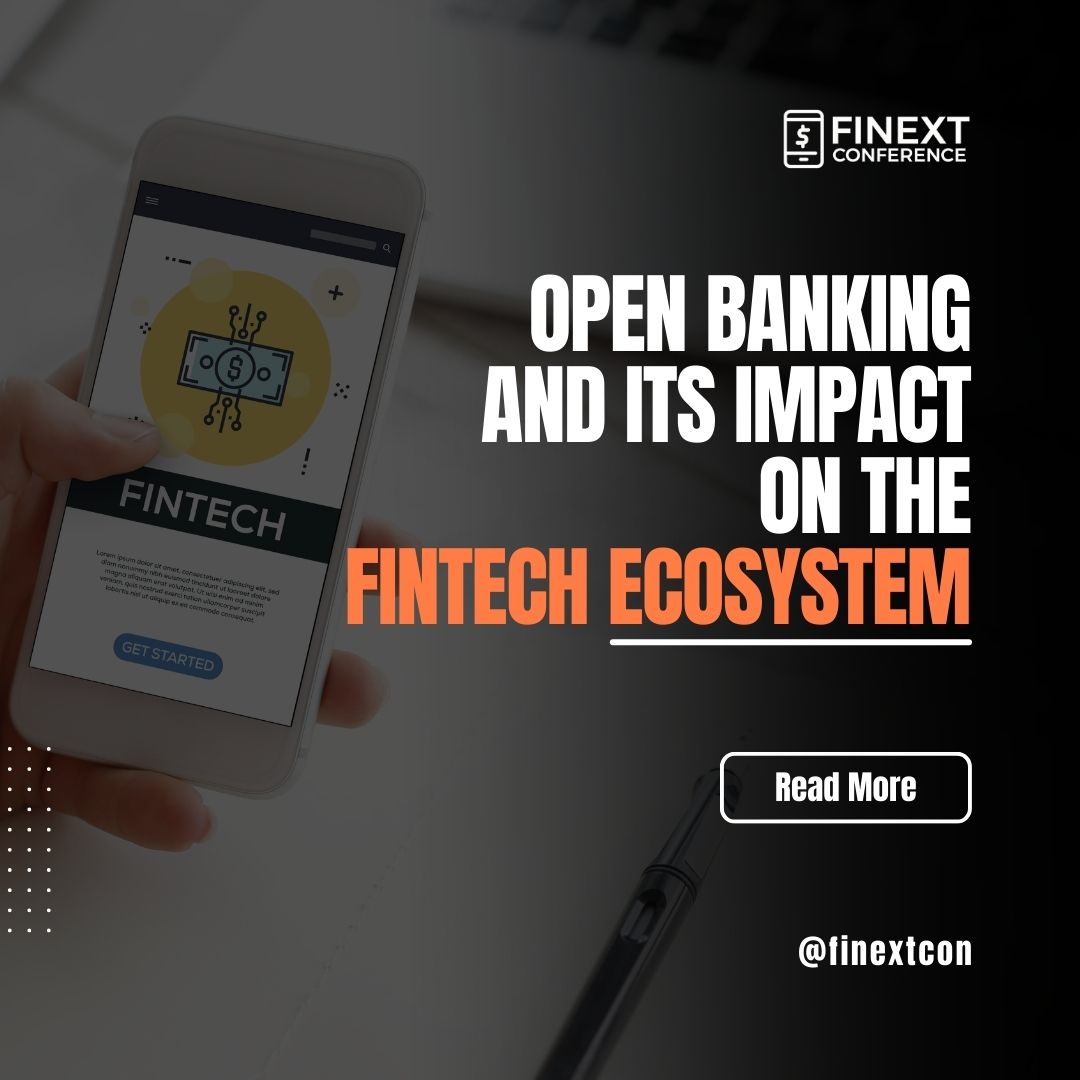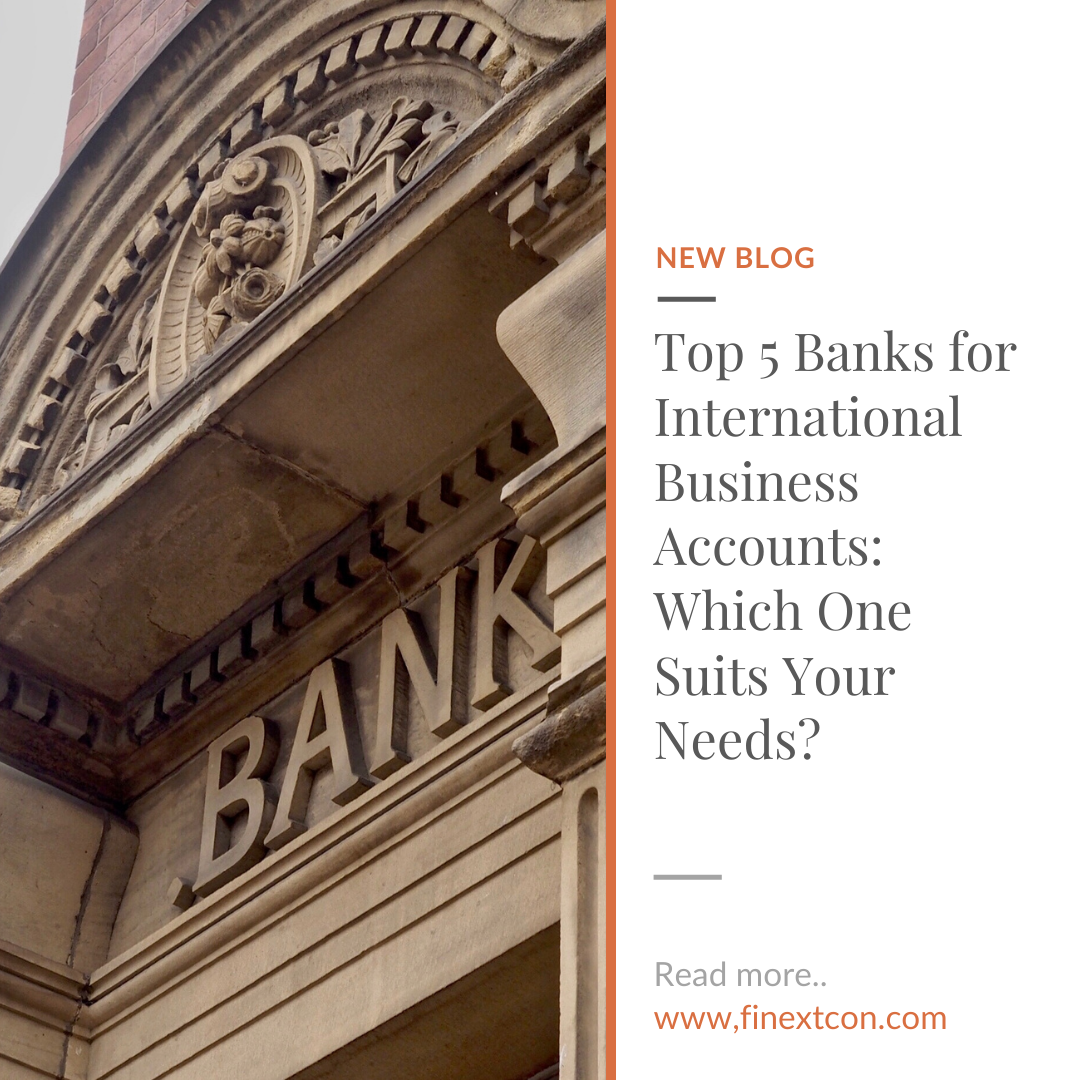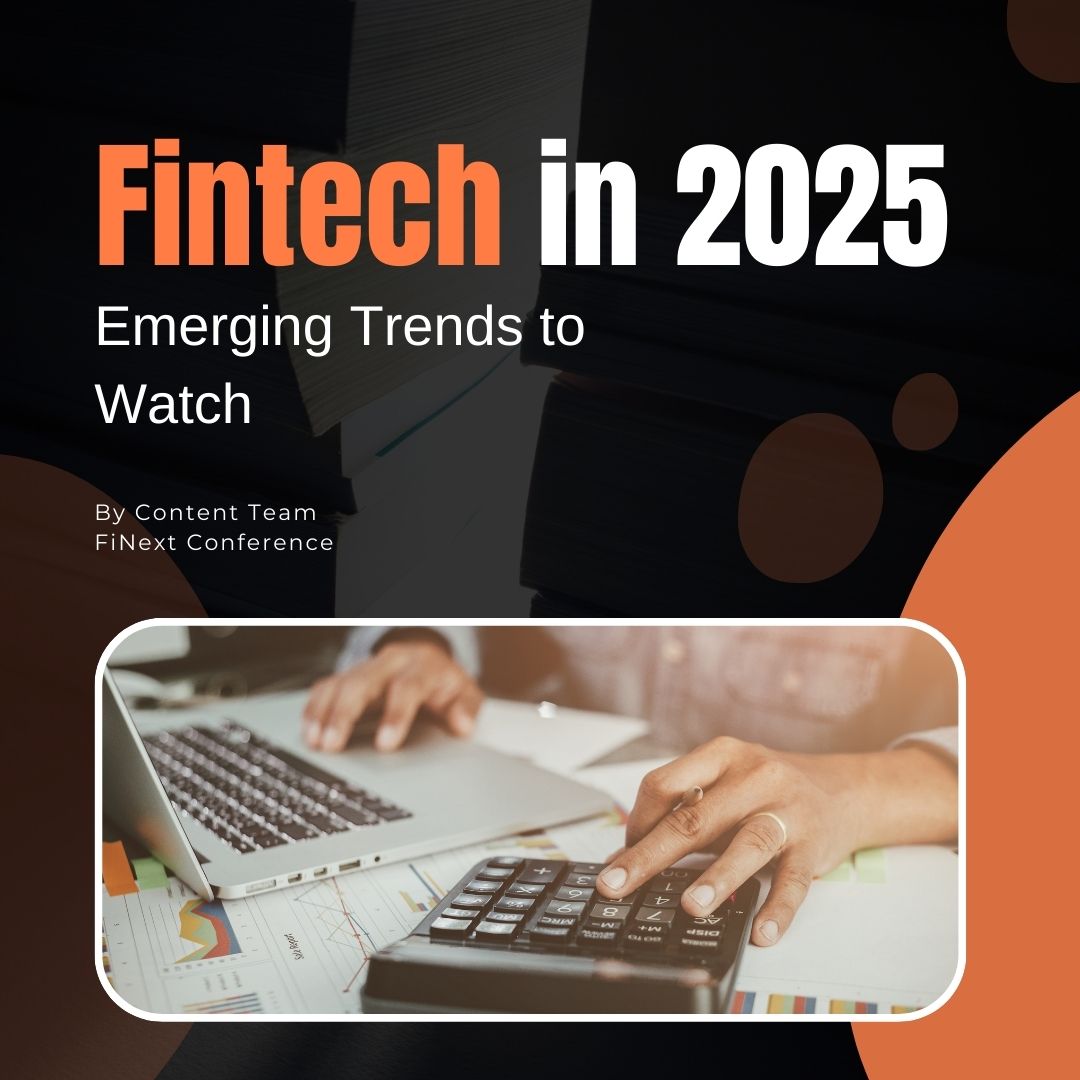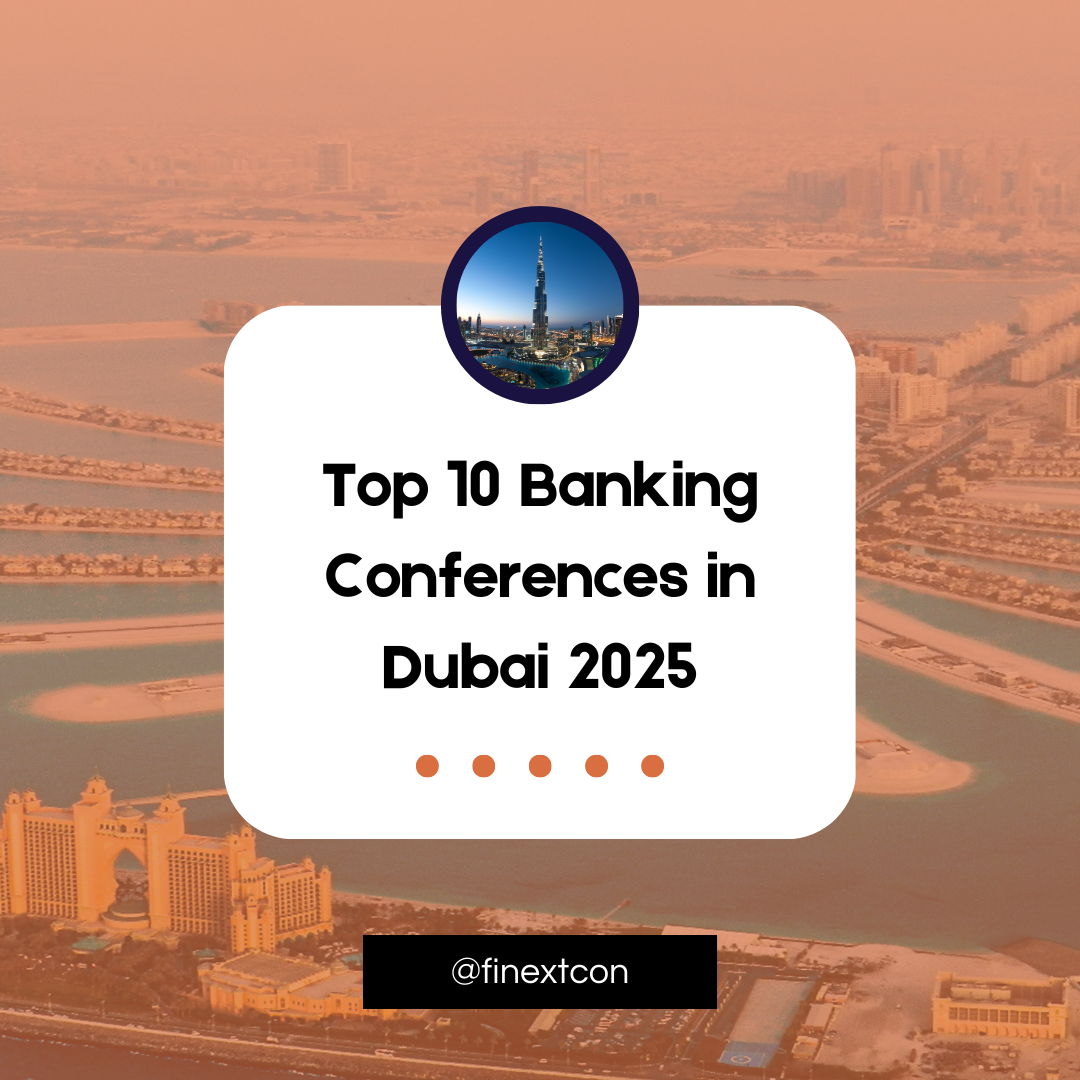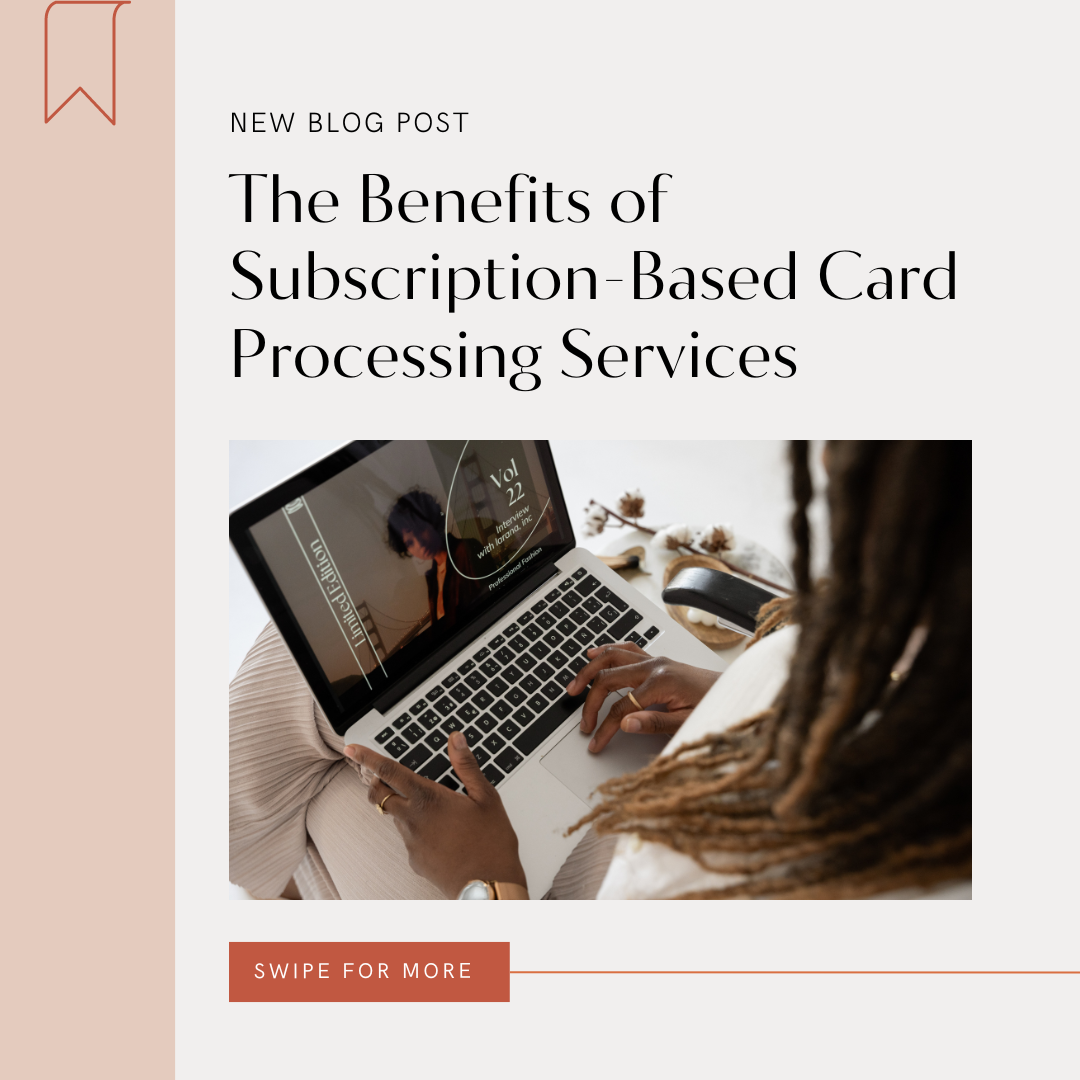FiNext Conference 2025: Rapid Innovation Joins as Media Partner to Shape the Future of Finance
Tag: Banking Conference in MENA
The Impact of Open Banking Regulations
The Impact of Open Banking Regulations
Open Banking and Its Impact on the Fintech Ecosystem
Open Banking and Its Impact on the Fintech Ecosystem
Top 5 Banks for International Business Accounts: Which One Suits Your Needs?
Top 5 Banks for International Business Accounts: Which One Suits Your Needs?
Fintech in 2025: Emerging Trends to Watch
Fintech in 2025: Emerging Trends to Watch
Top 10 Banking Conferences in Dubai 2025
Dubai, a thriving financial hub, is set to host several key banking conferences in 2025. These events provide unparalleled opportunities for networking, learning, and discussing the latest trends and innovations in the banking sector. Here are the top 10 banking conferences to look forward to in Dubai this year Banking Conferences Dubai 1. FiNext Awards & Conference Date: Feburary 10-11, 2025 Location: Dubai The FiNext Awards & Conference Dubai 2025 is a premier event designed to bring together the brightest minds and leading innovators in the financial technology (FinTech) industry. Scheduled for February 10-11, 2025, this event will be held in the dynamic and cosmopolitan city of Dubai, known for its rapid advancements in technology and finance. 2. Middle East Banking Innovation Summit Date: April 14-15, 2025Location: Jumeirah Emirates Towers Middle East Banking Innovation Summit focus on the latest innovations in the banking industry. Attendees will explore new technologies, such as blockchain and artificial intelligence, and their impact on banking operations and customer experience. 3. Global Islamic Finance and Banking Conference Date: May 20-21, 2025Location: Atlantis, The Palm Global Islamic Finance and banking conference is a must-attend for professionals involved in Islamic banking and finance. It offers a platform to discuss Sharia-compliant banking practices, investment opportunities, and the future of Islamic finance in the global market. 4. Dubai Fintech Summit Date: June 5-6, 2025Location: Dubai World Trade Centre The Dubai Fintech Summit brings together fintech startups, banks, and investors to discuss the latest trends in financial technology. The event will include startup pitches, panel discussions, and networking opportunities aimed at fostering collaboration and innovation in the fintech space. 5. Banking Transformation Forum Date: July 10-11, 2025Location: The Ritz-Carlton, Dubai Banking Transformation Forum Focusing on the digital transformation of the banking sector, this forum will cover topics such as digital banking strategies, customer experience, and the role of data analytics in banking. It’s an ideal event for professionals looking to drive innovation in their organizations. 6. Middle East Wealth Management Forum Date: September 15-16, 2025Location: Address Downtown This forum targets wealth management professionals, offering insights into the latest trends and strategies in wealth management. Discussions will cover investment strategies, regulatory challenges, and the role of technology in managing wealth. 7. Dubai Blockchain and Cryptocurrency Conference Date: October 8-9, 2025Location: Dubai International Convention & Exhibition Centre As blockchain and cryptocurrencies continue to reshape the banking industry, this conference provides a deep dive into these technologies. Attendees will explore their applications in banking, regulatory considerations, and future trends in digital currencies. 8. Middle East Compliance and Risk Management Conference Date: November 12-13, 2025Location: InterContinental Dubai Festival City With a focus on compliance and risk management, this conference will address regulatory changes, risk assessment strategies, and best practices in managing compliance. It’s a crucial event for risk managers and compliance officers in the banking sector. 9. Gulf International Banking Conference Date: November 25-26, 2025Location: Four Seasons Resort Dubai at Jumeirah Beach This conference brings together banking leaders from across the Gulf region to discuss regional banking… Continue Reading Top 10 Banking Conferences in Dubai 2025
The Rise of Fintech Companies in MENA: Transforming Financial Landscapes
Introduction The Middle East and North Africa (MENA) region is undergoing a significant transformation driven by the rapid rise of fintech companies. These innovative enterprises are leveraging technology to revolutionize financial services, enhance accessibility, and promote financial inclusion across the region. In this blog, we explore the factors driving the fintech boom in MENA, key players, and the impact on the financial landscape. The Driving Forces Behind Fintech Growth 1. Young, Tech-Savvy Population MENA boasts a predominantly young population that is highly tech-savvy. With increasing smartphone penetration and internet access, this demographic is eager to adopt digital financial services, creating a fertile ground for fintech innovation. 2. Government Support and Regulatory Reforms Governments in the MENA region are actively fostering fintech growth by implementing supportive policies and regulatory frameworks. Initiatives like regulatory sandboxes, fintech hubs, and favorable licensing conditions are encouraging startups and investors to enter the market. 3. High Unbanked Population A significant portion of the MENA population remains unbanked or underbanked. Fintech companies are addressing this gap by offering accessible and affordable financial solutions, from mobile wallets to digital lending platforms, thus promoting financial inclusion. 4. Investment and Collaboration The region has seen a surge in investment in fintech startups, with venture capitalists and financial institutions recognizing the potential for substantial returns. Collaborations between traditional banks and fintech firms are also driving innovation and expanding the reach of digital financial services. Key Players in the MENA Fintech Ecosystem 1. PayTabs PayTabs, a Bahrain-based payment solutions provider, is a prominent player in the MENA fintech landscape. The company offers secure and seamless online payment processing, catering to businesses of all sizes across the region. 2. Fawry Egypt’s Fawry is a leading electronic payment network, providing a wide range of financial services, including bill payments, mobile banking, and e-commerce solutions. Fawry’s extensive network of retail locations makes it a critical player in promoting digital financial services. 3. Souqalmal Based in the UAE, Souqalmal is a financial comparison platform that empowers consumers to make informed financial decisions. The platform offers comparisons of banking, insurance, and investment products, enhancing transparency and competition in the financial sector. 4. Sarwa Sarwa, a robo-advisory platform from the UAE, is democratizing investment by offering affordable and accessible wealth management services. The platform leverages technology to provide personalized investment portfolios tailored to individual risk profiles and financial goals. Impact on the Financial Landscape 1. Enhanced Financial Inclusion Fintech companies in MENA are playing a crucial role in bridging the financial inclusion gap. By offering digital banking, payment solutions, and microfinance services, they are empowering previously underserved populations to participate in the formal economy. 2. Increased Efficiency and Innovation The integration of technology in financial services is streamlining operations, reducing costs, and enhancing efficiency. Fintech firms are driving innovation in areas such as blockchain, artificial intelligence, and machine learning, setting new standards for the industry. 3. Competition and Consumer Empowerment The rise of fintech is fostering healthy competition in the financial sector. Traditional banks are compelled to innovate… Continue Reading The Rise of Fintech Companies in MENA: Transforming Financial Landscapes
The Benefits of Subscription-Based Card Processing Services
In today’s digital age, businesses are increasingly shifting towards subscription-based models to streamline operations and enhance customer experience. Subscription-based card processing services are a prime example of this evolution, offering numerous advantages over traditional per-transaction fee structures. Here’s a closer look at the benefits of adopting a subscription-based card processing service for your business. 1. Predictable Monthly Costs One of the most significant benefits of subscription-based card processing is the predictability of costs. Traditional card processing services often come with fluctuating fees based on the number and size of transactions. This can make budgeting challenging for businesses. In contrast, subscription-based models offer a fixed monthly fee, allowing businesses to predict and manage their expenses more effectively. 2. Lower Overall Fees Subscription-based models can lead to lower overall processing costs, especially for businesses with high transaction volumes. By paying a flat monthly fee, businesses avoid the cumulative costs of per-transaction fees, which can add up quickly. This cost-saving aspect makes subscription services particularly attractive for growing businesses looking to optimize their operational expenses. 3. Simplified Fee Structures Traditional card processing services often come with complex fee structures, including interchange fees, assessment fees, and various markups. Subscription-based services simplify this by offering a straightforward pricing model. This transparency helps businesses understand exactly what they are paying for, eliminating the confusion and frustration associated with hidden fees and unexpected charges. 4. Enhanced Customer Support Subscription-based card processing providers typically offer superior customer support as part of their service. With a stable revenue stream from subscriptions, these providers can invest more in customer service resources, ensuring that businesses receive timely and effective support. This can be a significant advantage for businesses that rely heavily on card transactions and need prompt assistance to resolve any issues. 5. Scalability As businesses grow, their transaction volumes and processing needs evolve. Subscription-based card processing services are designed to scale with your business. Whether you’re processing a few hundred transactions a month or tens of thousands, these services can accommodate your needs without the hassle of renegotiating fees or upgrading plans frequently. This scalability ensures that your card processing solution grows alongside your business. 6. Improved Cash Flow Management With a predictable monthly fee, businesses can better manage their cash flow. Knowing exactly how much they will be spending on card processing each month helps in planning and allocating resources more efficiently. This improved cash flow management can be crucial for businesses, especially small and medium-sized enterprises, to maintain financial stability and support growth initiatives. 7. Access to Advanced Features Many subscription-based card processing services offer access to advanced features and tools that can benefit businesses. These may include detailed transaction analytics, fraud detection, and prevention tools, and integrations with other business systems. By subscribing to these services, businesses can leverage these tools to optimize their operations, enhance security, and gain valuable insights into their transaction data. Conclusion Subscription-based card processing services offer a compelling alternative to traditional per-transaction fee models. With predictable costs, simplified fee structures, enhanced customer… Continue Reading The Benefits of Subscription-Based Card Processing Services
